Home>Gardening & Outdoor>Landscaping Ideas>What Is The Best Grass Seed
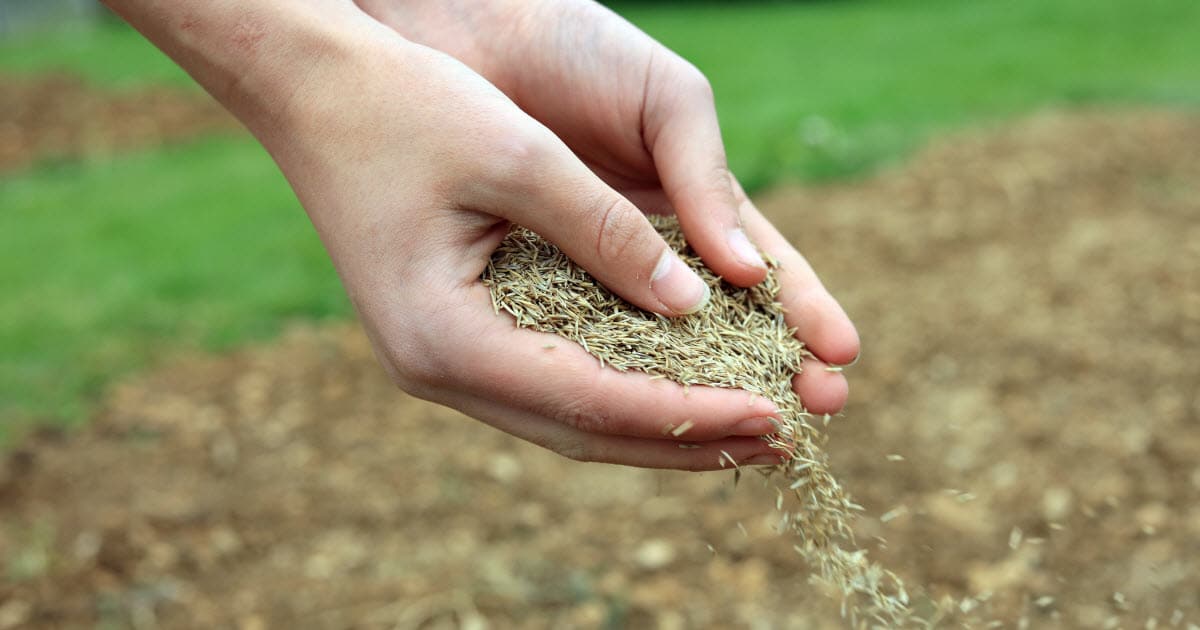

Landscaping Ideas
What Is The Best Grass Seed
Modified: February 18, 2024
Looking for the best grass seed for your landscaping ideas? Discover top options for a lush, vibrant lawn with our expert guide.
(Many of the links in this article redirect to a specific reviewed product. Your purchase of these products through affiliate links helps to generate commission for Storables.com, at no extra cost. Learn more)
Introduction
Welcome to the world of landscaping, where the lush green carpet of a well-maintained lawn can transform any outdoor space into a tranquil oasis. One of the fundamental elements in achieving a vibrant and resilient lawn is selecting the right grass seed. Whether you’re establishing a new lawn or overseeding an existing one, the type of grass seed you choose plays a pivotal role in the overall success of your landscaping endeavors.
Choosing the best grass seed involves considering various factors such as your local climate, soil type, sunlight exposure, and anticipated foot traffic. With a myriad of grass seed options available, each boasting unique characteristics and suitability for specific conditions, navigating the selection process can be both exciting and daunting.
In this comprehensive guide, we will delve into the intricacies of selecting the best grass seed for your lawn. From exploring the different types of grass seed to identifying the most suitable varieties for sunny, shady, and high-traffic areas, this article aims to equip you with the knowledge needed to make informed decisions and cultivate a thriving, verdant lawn. So, let’s embark on this green-fingered journey and unlock the secrets to achieving a luscious, resilient lawn that will be the envy of the neighborhood.
Key Takeaways:
- Choose the best grass seed by considering climate, soil type, sunlight, water availability, and foot traffic. Understanding different grass types empowers you to create a thriving, resilient lawn that suits your specific environment.
- Grass seed options cater to various scenarios, from sunny areas to shaded oases and high-traffic play areas. By selecting the right grass seed, you can cultivate a lush, enduring landscape that enhances your outdoor space.
Read more: What Is The Best Bird Seed
Factors to Consider When Choosing Grass Seed
When embarking on the quest for the perfect grass seed, several crucial factors come into play. Understanding and evaluating these considerations will guide you toward selecting the most suitable grass seed for your specific lawn requirements. Here are the key factors to keep in mind:
- Climate: The local climate exerts a significant influence on the success of your lawn. Certain grass species thrive in cooler climates, while others are better suited to warmer regions. It’s essential to choose grass seed that aligns with the temperature and precipitation patterns of your area to ensure optimal growth and resilience.
- Soil Type: The composition of your soil, including its drainage capabilities and nutrient content, greatly impacts the performance of grass seed. Some grass species flourish in well-drained, loamy soil, while others exhibit resilience in compacted or sandy soil. Conducting a soil test can provide valuable insights into your soil’s pH, fertility, and composition, aiding in the selection of grass seed that will thrive in your specific soil conditions.
- Sunlight Exposure: The amount of sunlight your lawn receives is a critical factor in determining the type of grass seed that will flourish. While some grass varieties are sun-loving and require ample sunlight to thrive, others exhibit shade tolerance, making them ideal for areas with limited sun exposure.
- Water Availability: Understanding the water requirements of different grass species is essential for maintaining a healthy lawn. Some grasses are drought-tolerant and can withstand periods of limited water, while others necessitate consistent moisture to thrive. Considering your local water availability and the watering regimen you can maintain is vital in selecting grass seed that aligns with your water resources.
- Foot Traffic: Assessing the anticipated foot traffic on your lawn is crucial for choosing a grass seed that can withstand wear and tear. If your lawn is a high-traffic area where children and pets frequently play, selecting a durable, resilient grass variety is paramount to ensure the longevity and aesthetics of your lawn.
By carefully evaluating these factors and understanding how they interplay with the unique characteristics of different grass seed varieties, you can make an informed decision that sets the foundation for a thriving, resilient lawn.
Types of Grass Seed
Grass seed comes in various types, each with distinct characteristics that make them suitable for specific environments and landscaping preferences. Understanding the different types of grass seed is essential for identifying the most compatible option for your lawn. Here are the primary types of grass seed:
- Cool-Season Grasses: These grasses thrive in regions with moderate temperatures, exhibiting optimal growth during the cooler months. Varieties such as Kentucky bluegrass, fescue, and ryegrass are popular choices for lawns in northern regions and higher elevations. Their ability to withstand cold temperatures and retain vibrant green hues during cooler seasons makes them a preferred option for cooler climates.
- Warm-Season Grasses: Ideal for regions with hot summers and mild winters, warm-season grasses exhibit peak growth during the warmer months. Varieties including Bermuda grass, Zoysia grass, and St. Augustine grass are well-suited to southern regions and areas with scorching summer temperatures. Their heat tolerance and ability to maintain lush greenery in hot conditions make them a popular choice for warm climates.
- Drought-Tolerant Grasses: In regions prone to water scarcity or limited irrigation capabilities, drought-tolerant grasses offer a sustainable solution for maintaining green lawns with minimal water requirements. Species such as buffalo grass and fine fescue demonstrate exceptional resilience in arid conditions, making them an environmentally conscious choice for water-stressed areas.
- Shade-Tolerant Grasses: For areas with limited sunlight, shade-tolerant grasses provide an effective solution for cultivating vibrant lawns in shaded environments. Varieties such as fine fescue and certain types of ryegrass exhibit the ability to thrive in low-light conditions, making them ideal for shaded lawns under trees or near buildings.
- Mixture Blends: Some grass seed products are formulated as blend mixtures, combining multiple grass species to achieve diverse benefits such as enhanced resilience, color variation, and adaptability to varying conditions. These blends often incorporate a combination of cool-season and warm-season grasses to provide year-round appeal and adaptability to fluctuating temperatures.
By familiarizing yourself with the characteristics and suitability of these different grass seed types, you can make an informed choice that aligns with your local climate, soil conditions, and landscaping preferences, laying the groundwork for a thriving and visually appealing lawn.
Best Grass Seed for Sunny Areas
When it comes to cultivating a lush lawn in sun-drenched environments, selecting the right grass seed is paramount for ensuring vibrant growth and resilience. Several grass species are exceptionally well-suited to sunny areas, thriving in the abundant sunlight and heat. Here are some of the best grass seed options for sunny locations:
- Bermuda Grass: Renowned for its exceptional heat tolerance and rapid growth, Bermuda grass is a popular choice for sunny areas. Its fine texture and vibrant green color make it an aesthetically pleasing option for lawns exposed to ample sunlight.
- Zoysia Grass: Exhibiting remarkable heat and drought tolerance, Zoysia grass is an excellent choice for sunny environments. Its dense growth pattern and ability to withstand high temperatures make it well-suited for lawns in hot climates.
- Celebration Bermuda Grass: This variety of Bermuda grass is celebrated for its durability and resilience in sunny conditions. It thrives in intense sunlight and exhibits exceptional recovery capabilities, making it ideal for high-traffic sunny areas.
- Buffalo Grass: Known for its low water requirements and heat tolerance, buffalo grass is a sustainable choice for sunny lawns. Its fine texture and ability to thrive in hot, arid conditions make it a popular option for eco-conscious landscaping in sunny regions.
- Centipede Grass: With its low maintenance requirements and ability to thrive in full sunlight, centipede grass is well-suited to sunny areas. Its light green hue and adaptability to various soil types make it an attractive option for sunny lawns.
These grass seed options are tailored to thrive in sunny environments, offering exceptional heat tolerance, vibrant aesthetics, and resilience to the intense sunlight. By selecting the most suitable grass seed for your sunny lawn, you can lay the groundwork for a verdant and enduring landscape that flourishes under the sun’s radiant embrace.
When choosing the best grass seed, consider the climate and soil type of your area. Cool-season grasses like fescue and ryegrass are best for northern regions, while warm-season grasses like Bermuda and zoysia are better for southern regions. Always read the seed label for specific recommendations.
Best Grass Seed for Shady Areas
For shaded areas where sunlight is limited, selecting the right grass seed is essential for fostering a thriving and verdant lawn. Certain grass species exhibit exceptional shade tolerance, making them ideal candidates for areas with reduced sunlight exposure. Here are some of the best grass seed options for shady locations:
- Fine Fescue: Renowned for its shade tolerance and fine texture, fine fescue is an excellent choice for shaded lawns. Its ability to thrive in low-light conditions and adaptability to various soil types make it a popular option for shaded environments.
- Creeping Red Fescue: With its creeping growth habit and shade tolerance, creeping red fescue is well-suited to shady areas. It forms a dense, lush carpet in low-light conditions, making it an attractive choice for shaded lawns and landscapes.
- St. Augustine Grass: Exhibiting moderate shade tolerance and lush, broad blades, St. Augustine grass can thrive in partially shaded areas. Its ability to maintain vibrancy in moderate sunlight makes it a suitable option for lawns with varying light exposure.
- Zoysia Grass (Varieties with Shade Tolerance): Certain varieties of Zoysia grass demonstrate notable shade tolerance, making them viable options for lawns with partial sunlight. These varieties can thrive in dappled shade, offering versatility in shaded environments.
- Perennial Ryegrass: Known for its quick establishment and adaptability to varying light conditions, perennial ryegrass can thrive in both sunny and shaded areas. It can be incorporated into shade-tolerant blends to enhance the resilience of shaded lawns.
By selecting grass seed varieties specifically tailored to thrive in shaded environments, you can establish a resilient and visually appealing lawn that flourishes despite limited sunlight. These shade-tolerant grass options provide the foundation for cultivating a verdant oasis in areas where the sun’s rays are more elusive.
Read more: What Are The Best Chia Seeds
Best Grass Seed for High-Traffic Areas
High-traffic areas such as play areas, pathways, and frequently traversed sections of the lawn demand resilient and durable grass varieties that can withstand the rigors of constant use. Selecting the best grass seed for high-traffic areas is crucial for establishing a resilient and visually appealing lawn that can endure heavy foot traffic. Here are some of the top grass seed options suited for high-traffic environments:
- Kentucky Bluegrass: Renowned for its durability and self-repairing capabilities, Kentucky bluegrass is an excellent choice for high-traffic areas. Its fine texture and dense growth pattern make it resilient to wear and tear, making it ideal for lawns frequented by children and pets.
- Perennial Ryegrass: With its rapid germination and robust growth, perennial ryegrass is well-suited to high-traffic areas. Its ability to withstand heavy foot traffic and recover from damage makes it a popular choice for overseeding and establishing resilient lawns in active spaces.
- Tall Fescue: Known for its deep root system and exceptional durability, tall fescue is a resilient option for high-traffic areas. Its ability to thrive in diverse soil conditions and withstand heavy use makes it a reliable choice for lawns subject to frequent activity.
- Buffalo Grass: Despite its low growth habit, buffalo grass exhibits remarkable resilience to foot traffic, making it suitable for high-traffic areas. Its ability to recover from wear and maintain a lush appearance with minimal maintenance makes it an attractive option for active landscapes.
- Zoysia Grass: Certain varieties of Zoysia grass, known for their dense growth and durability, are well-suited to high-traffic areas. Their ability to withstand heavy use and recover from damage makes them a viable choice for lawns requiring resilience in the face of frequent activity.
By selecting grass seed varieties specifically tailored to thrive in high-traffic environments, you can establish a resilient and visually appealing lawn that endures the demands of constant use. These durable grass options provide the foundation for cultivating a vibrant and enduring landscape in areas where foot traffic is a regular occurrence.
Conclusion
Choosing the best grass seed for your lawn is a pivotal decision that sets the stage for a vibrant and resilient landscape. By considering factors such as climate, soil type, sunlight exposure, water availability, and anticipated foot traffic, you can make informed choices that align with the unique requirements of your outdoor space.
Understanding the diverse types of grass seed, including cool-season and warm-season varieties, drought-tolerant and shade-tolerant options, and resilient mixtures, empowers you to select grass seed that thrives in your specific environment. Whether you’re cultivating a sun-drenched lawn, a shaded oasis, or a high-traffic play area, there are tailored grass seed options to meet your landscaping needs.
From the heat-tolerant allure of Bermuda grass to the shade-loving resilience of fine fescue, each grass seed variety offers unique benefits that cater to specific lawn conditions. By choosing the best grass seed for your lawn’s unique requirements, you can establish a verdant and enduring landscape that enhances the beauty and functionality of your outdoor space.
As you embark on your green-fingered journey, armed with the knowledge of the best grass seed options for various scenarios, remember that the key to a thriving lawn lies in selecting grass seed that harmonizes with your local environment and landscaping aspirations. With the right grass seed at your disposal, you can sow the seeds of a lush, resilient lawn that becomes a source of pride and natural splendor for years to come.
Frequently Asked Questions about What Is The Best Grass Seed
Was this page helpful?
At Storables.com, we guarantee accurate and reliable information. Our content, validated by Expert Board Contributors, is crafted following stringent Editorial Policies. We're committed to providing you with well-researched, expert-backed insights for all your informational needs.
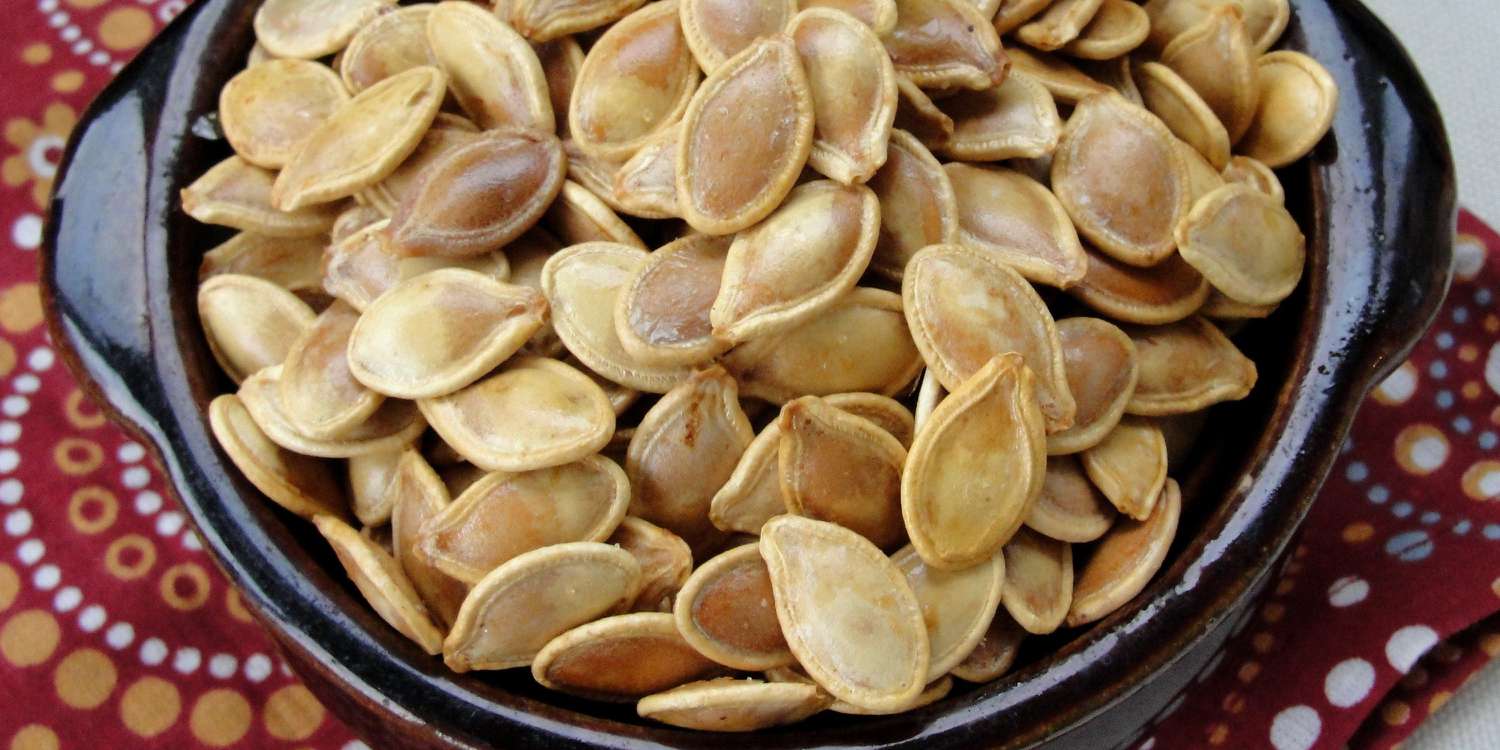


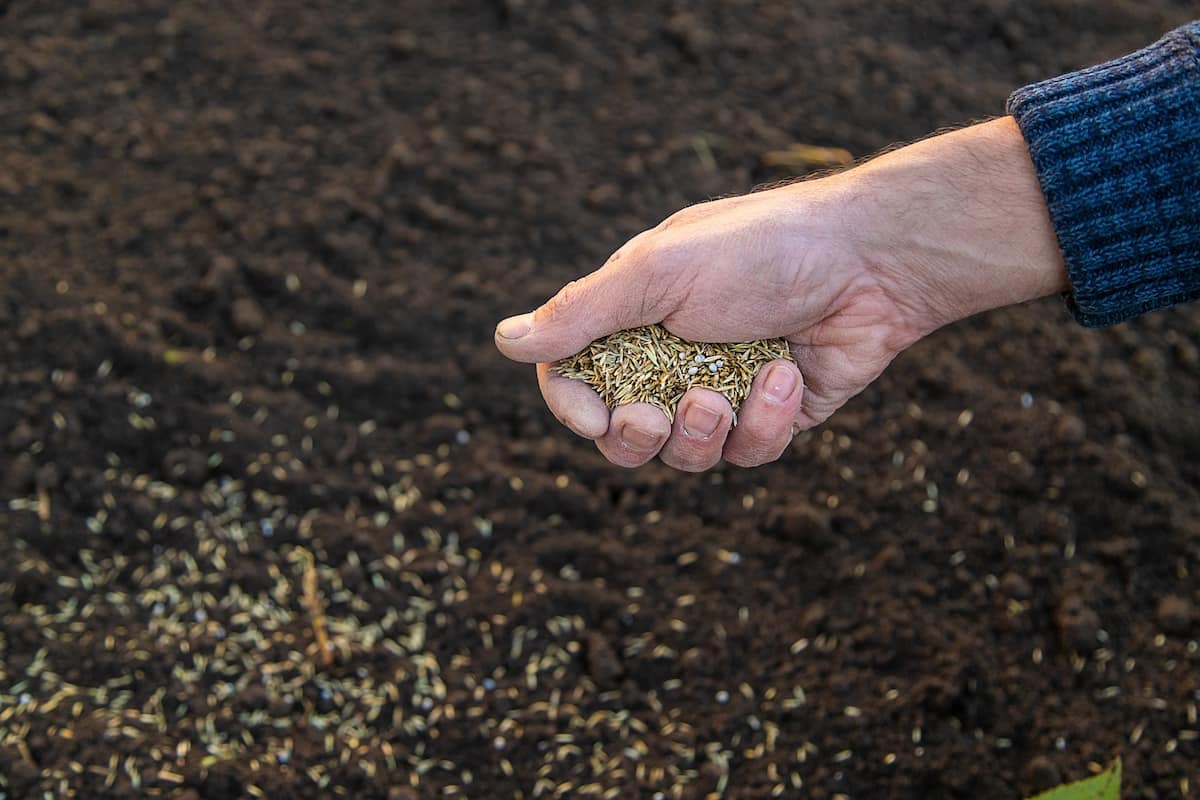


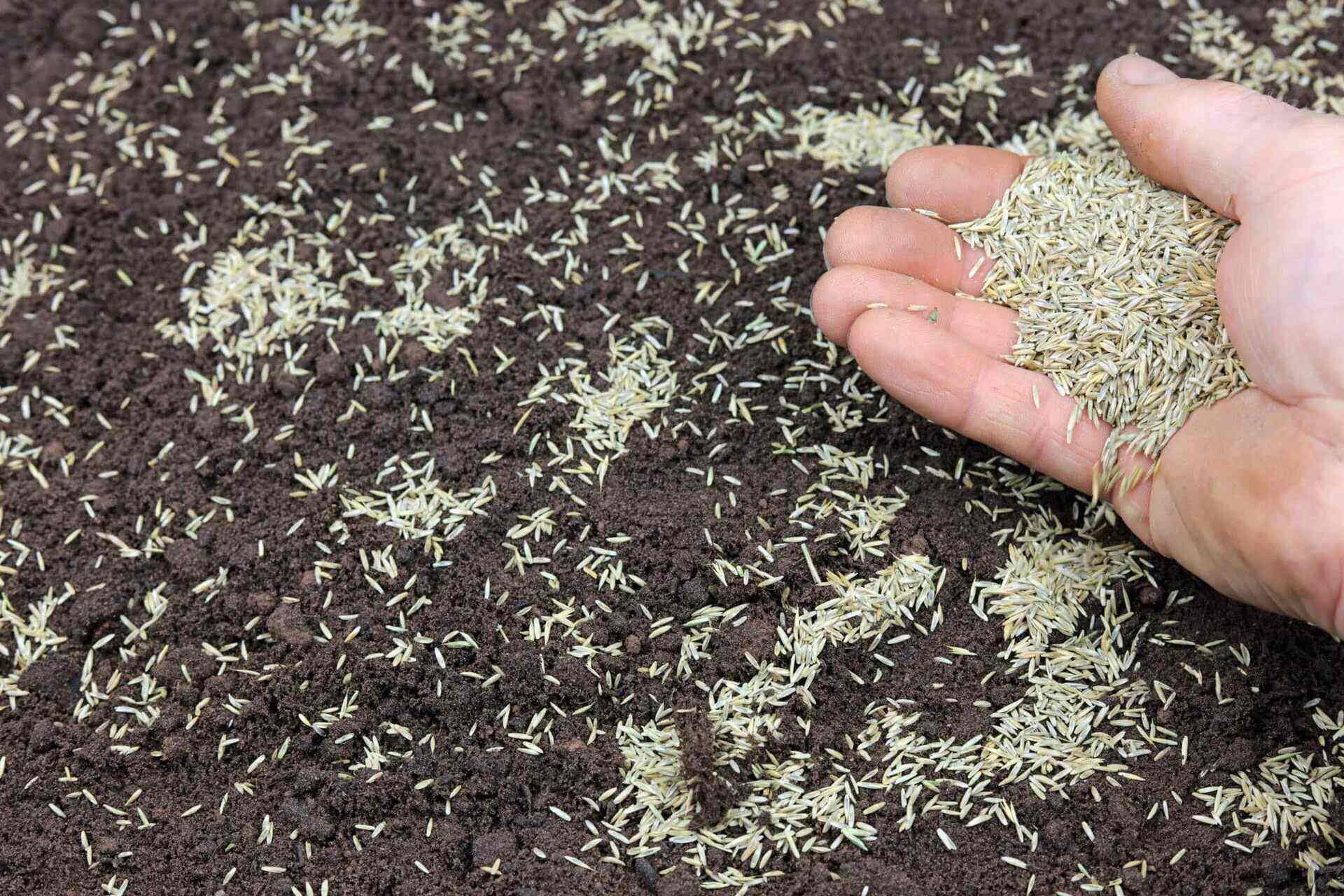
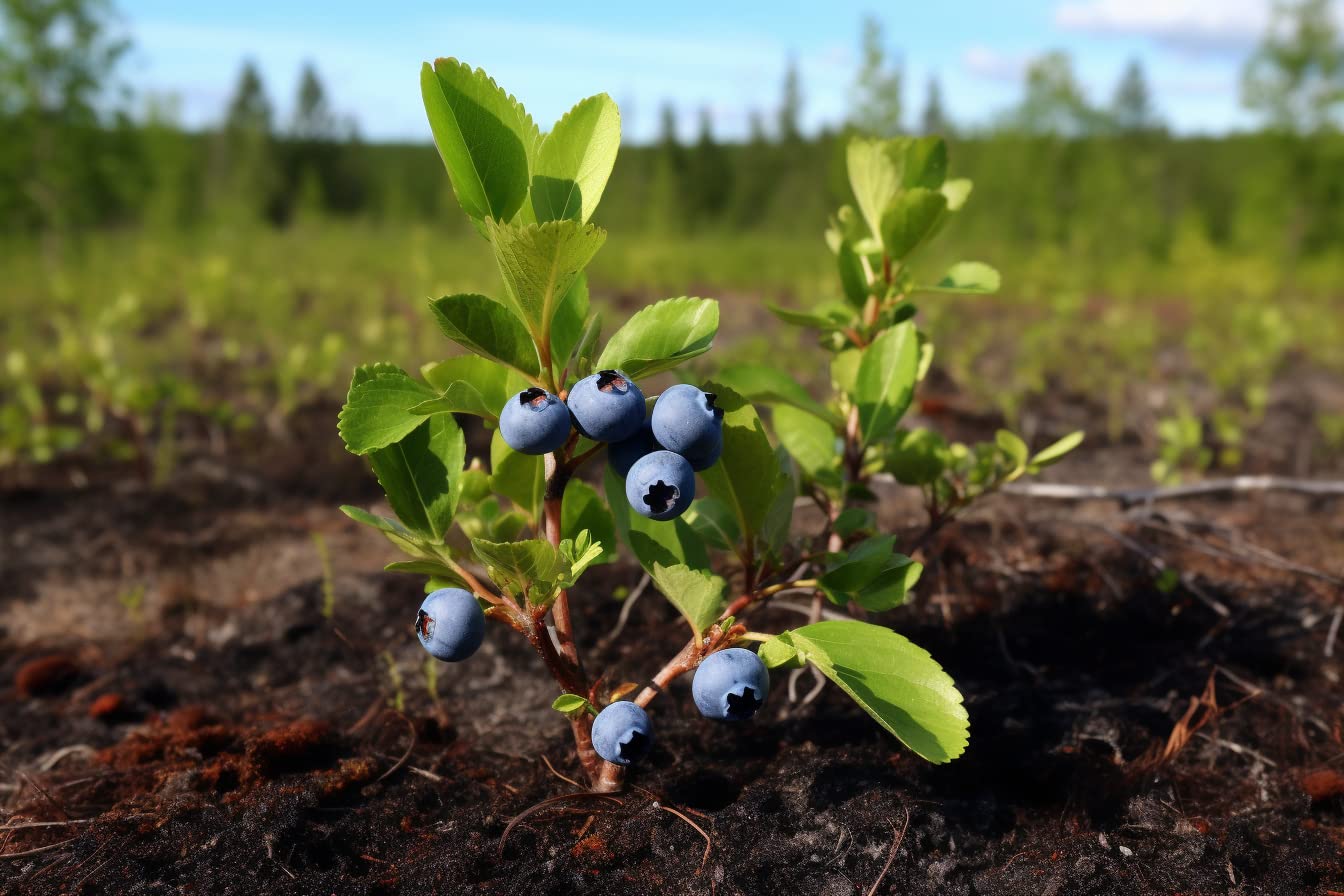
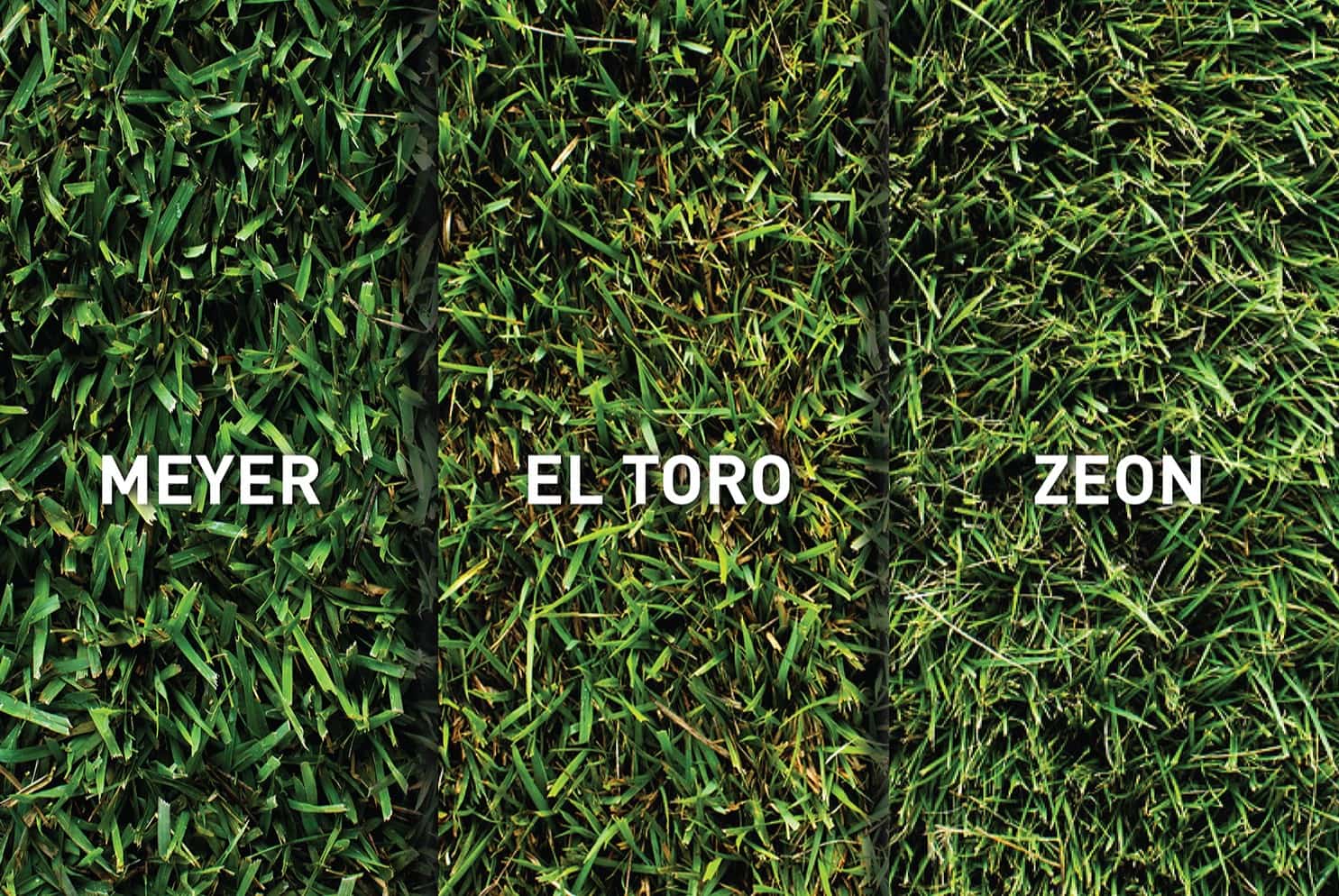
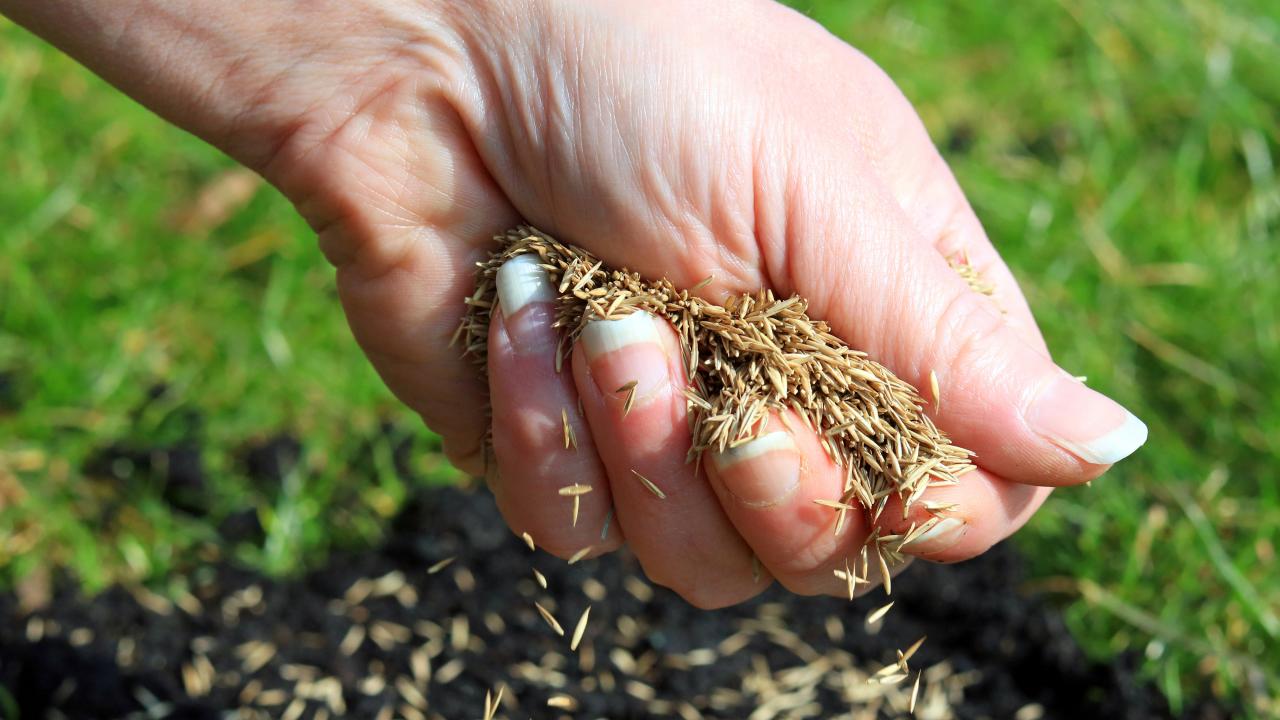
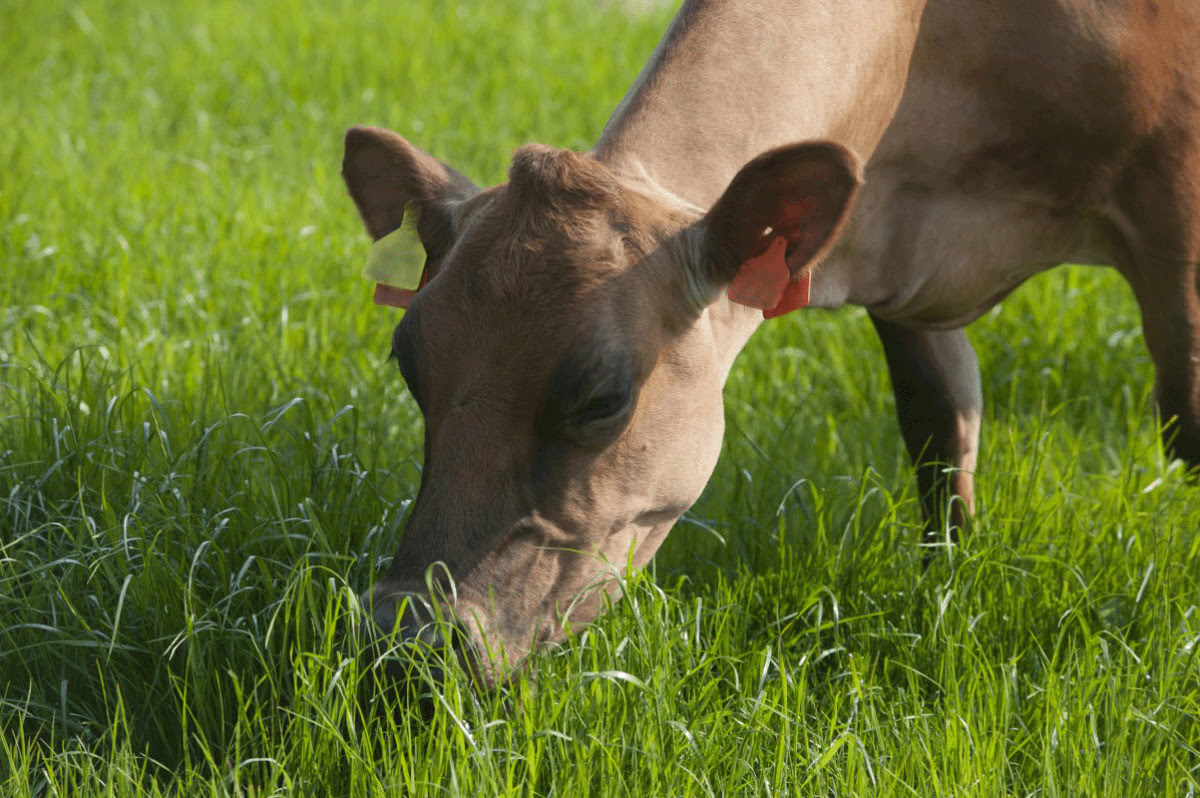

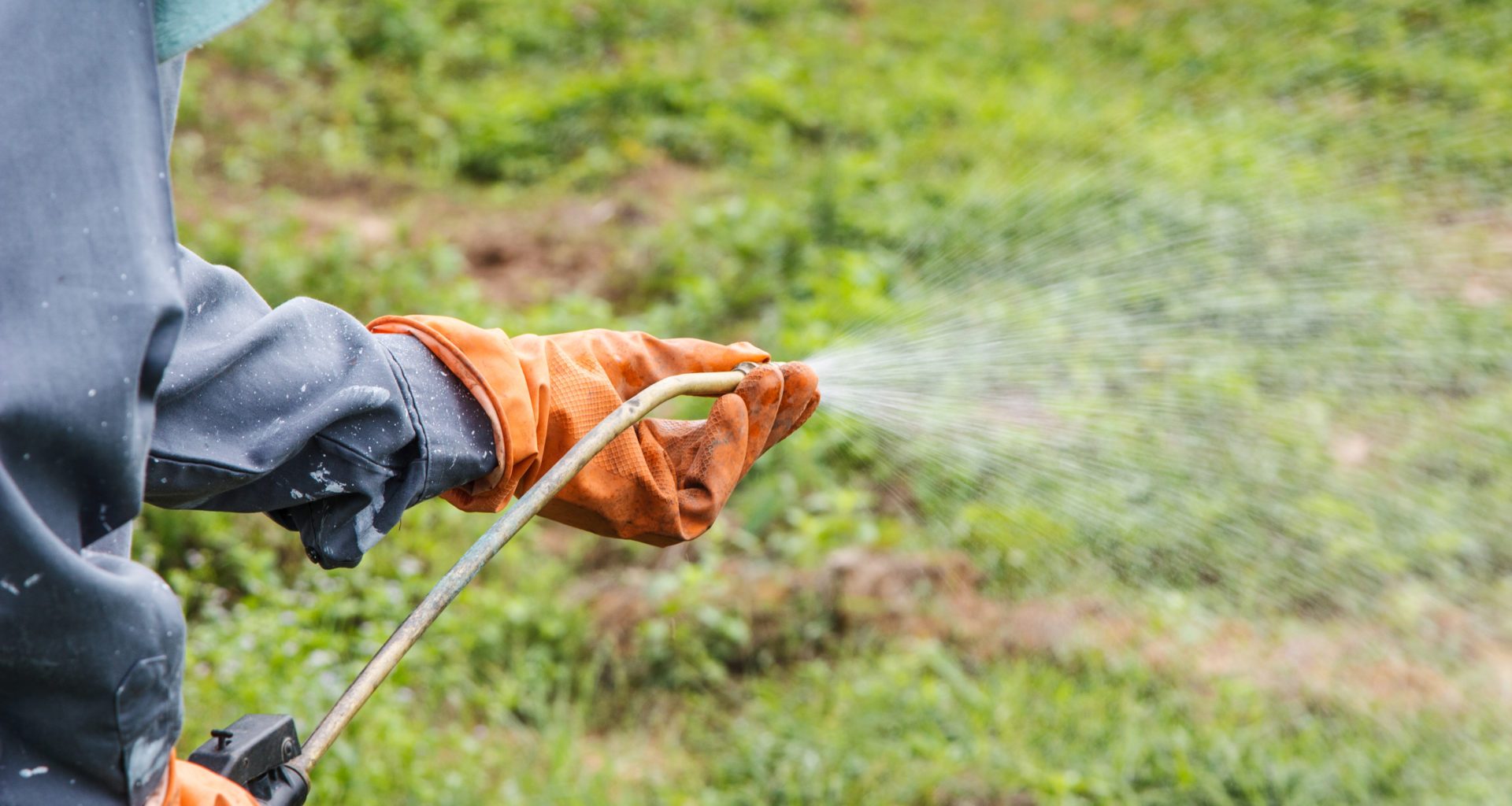
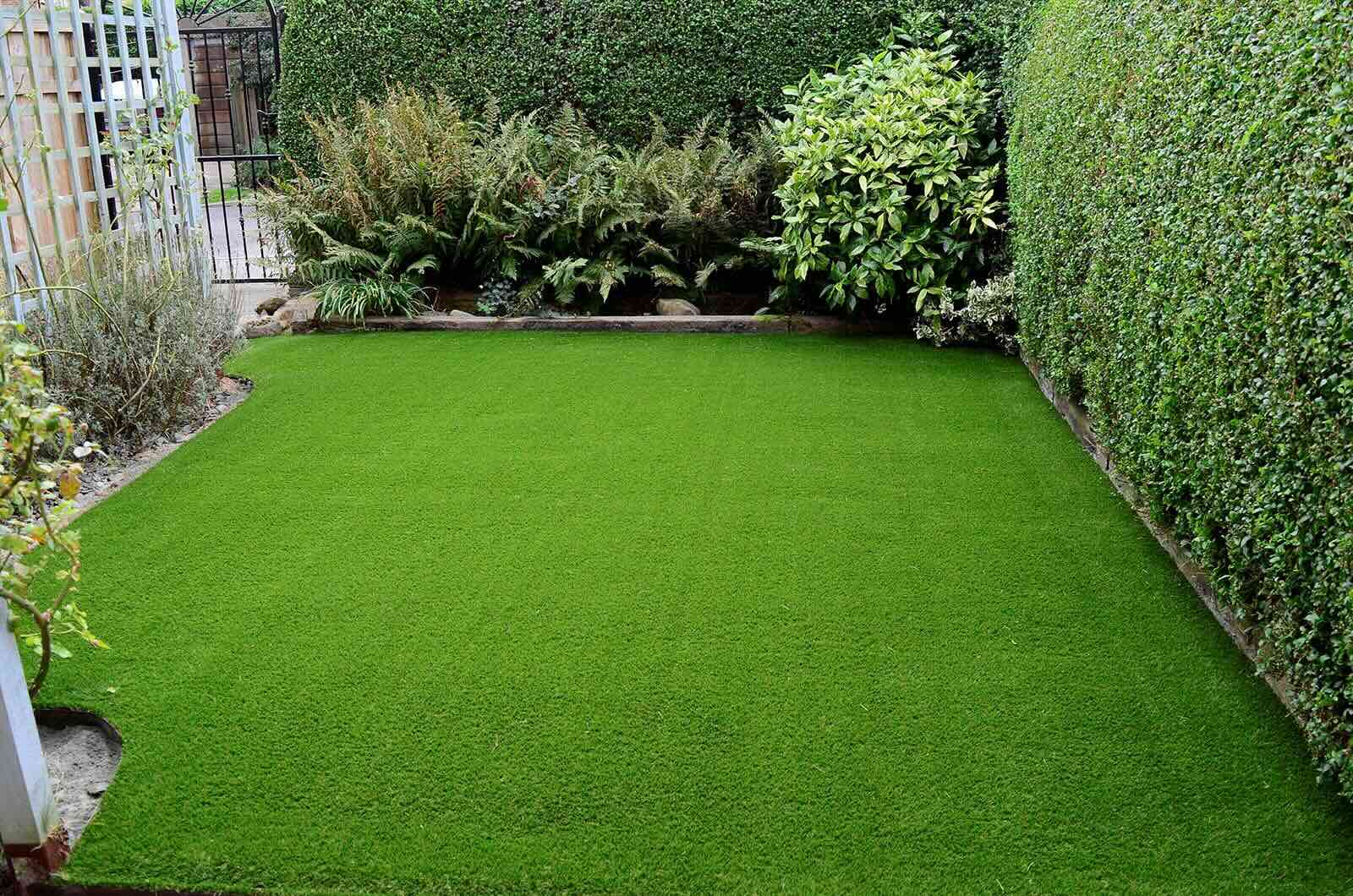

0 thoughts on “What Is The Best Grass Seed”